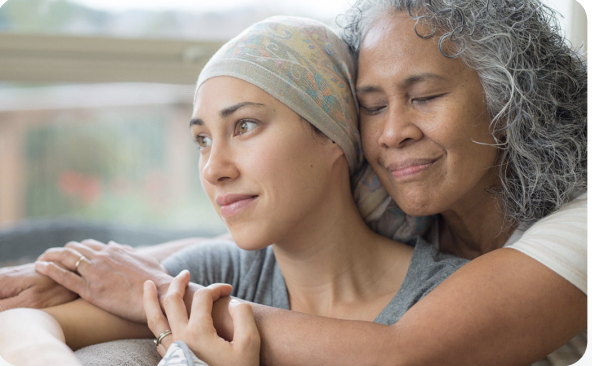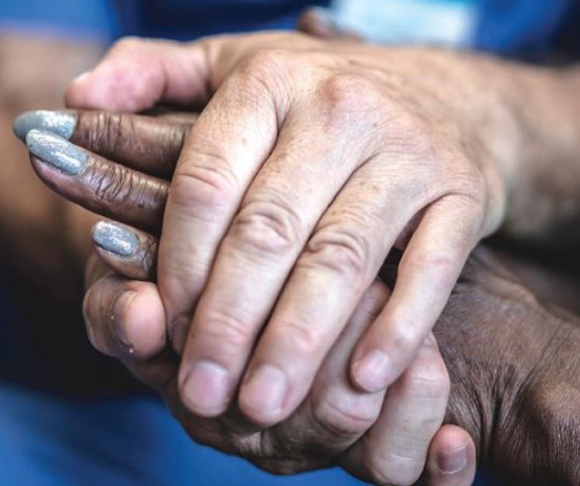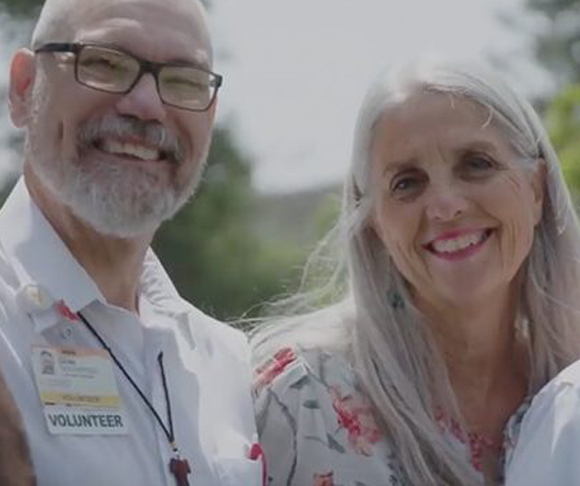Equity in common
We seek to improve the health of the people we serve, especially those who are vulnerable. We are embedding health equity throughout the CommonSpirit ministry through five Health Equity Priorities. Each Priority is dependent upon the others. All of them hold up the welcoming shelter of healing that is CommonSpirit Health. We will care for one another – and heal humanity – by advancing social justice for all.

A more just health system
CommonSpirit is acting to address systemic inequities experienced by Black, Indigenous, People of Color, as well as vulnerable and underserved populations including Lesbian, Gay, Bisexual, Transgender and Queer communities.
The first steps we are taking include expanding access to care in underserved communities; improving how we track outcomes by race, ethnicity and language as well as by sexual orientation and gender identity; expanding implicit and unconscious bias training; growing programs that address the social determinants of health to remove barriers to good health and further diversifying our leadership, workforce and suppliers.
Violence and human trafficking
Community health programs
A community is not healthy until everyone is healthy. At CommonSpirit, we are investing to create stronger communities where we live, work, learn and pray.
We seek to weave better health into every part of our society so that more people and places can prosper. Because only when our health is strong can we begin to grow stronger.
CommonSpirit supports a range of community health programs addressing the root causes of poor health such as access to quality care, affordable housing and safe neighborhoods.
Creating a more diverse workforce
CommonSpirit is committed to creating a diverse healthcare workforce that reflects the distinct communities we serve.
We have entered into the More in Common Alliance, a historic 10-year, $100 million dollar partnership that will increase development of Black and minority physicians by ensuring that a minimum of 300 additional underrepresented providers complete their residency training.
The Alliance will establish regional medical school campuses across our footprint and graduate medical education programs in our markets.
Eco stewardship
We firmly believe that what’s good for the planet is good for the patient.
We all need clean air to breathe and clean water to drink to be healthy.
As a health system that’s committed to improving health for all communities, our 140 hospitals and hundreds of care sites are achieving significant sustainability goals with evidence-based, practical changes.






